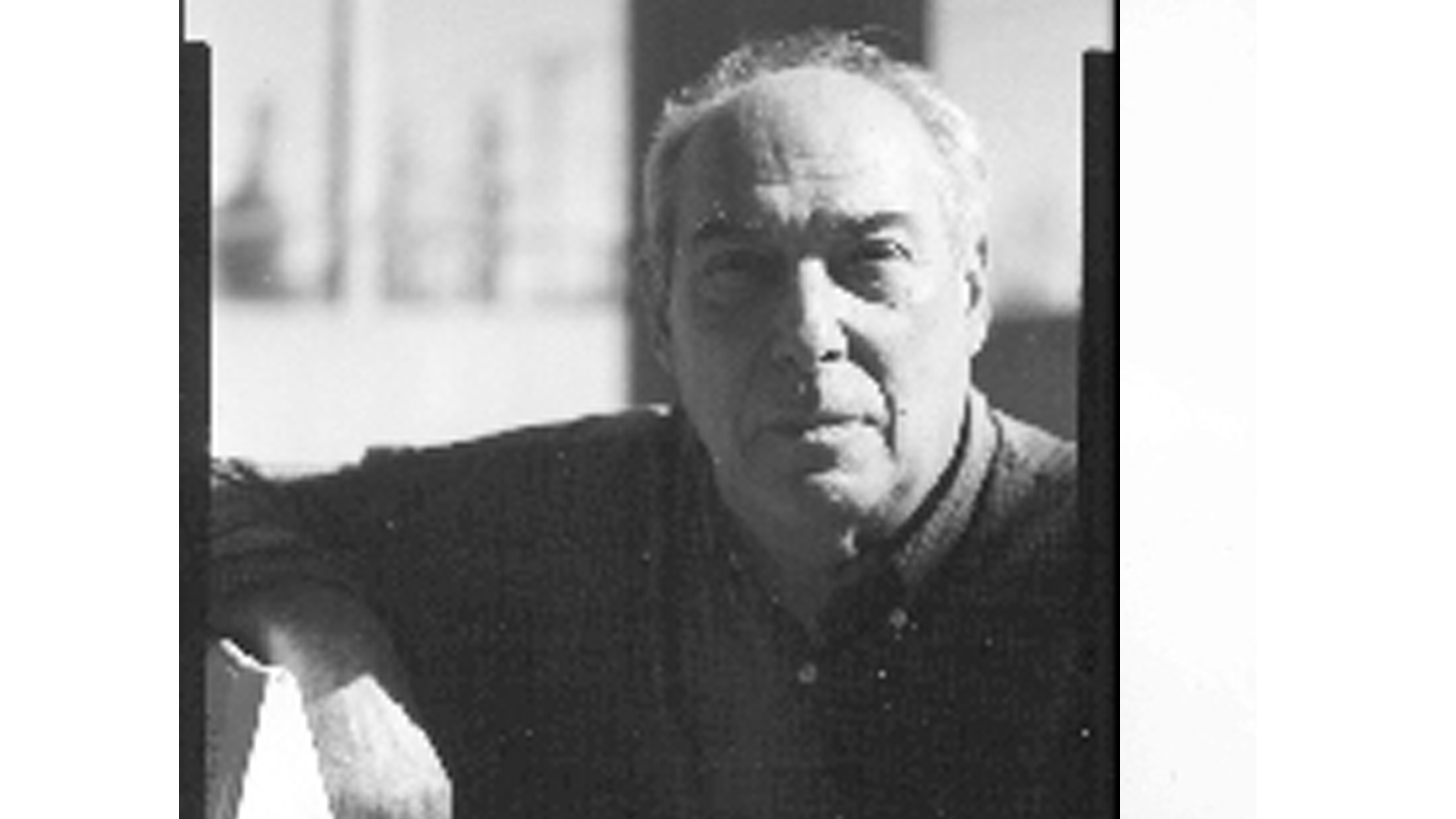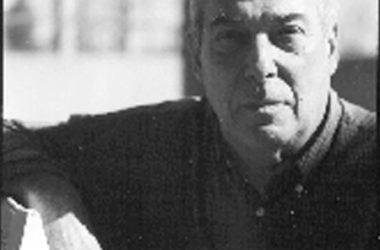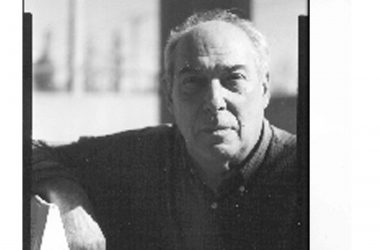What is the relation between Zionism and Jewishness? Within Palestine, Jewishness is the problem—not the Judaic religion or the Hebrew language or the commemoration of Jewish holidays, but Jewishness as an institution, an officially recognized identity carrying privileges enforced by the state. The aim of Zionism was to establish a regime of Jewish privilege. It succeeded, so that within the Zionist entity there is no legal distinction between Zionist and Jew. People seeking to establish residency there based on the Law of Return are subject not to a political but to a “blood” test: are they descended from Jews through the maternal line? No matter that the test merely pushes the issue back a generation or more, thereby failing Simone Weil’s logical objection: it works to maintain internal cohesion, and that is enough.
In Palestine the task is to abolish the “Jew” as a public identity. What about outside of Palestine?
As the apartheid regime in South Africa became isolated worldwide, public opinion in Holland was as unanimous as elsewhere, and it never occurred to most Dutch that they owed anything to their Afrikaaner cousins. (Like European Jews, Afrikaaners have their own tales of past persecution: the first concentration camps were set up during the Boer Wars.) No similar rupture between the “Jewish” settlers in Palestine and world Jewry has occurred; in fact, most Jews worldwide continue to identify with “Israel” in spite of all the United Nations resolutions condemning it.
Why is that the case? Why in particular do modern, assimilated, secular Jews who have no wish to move to “Israel” allow organizations that according to various surveys promote policies they disagree with speak in their name? “Israel” does not help Leona Helmsley’s real estate holdings or Ralph Lauren’s clothing manufactures. It makes no material difference to the middle-income congregation of a New Jersey synagogue that prominently displays in the lobby a big map of “Israel” (including the territories occupied after 1967) and on the day I was there began the Saturday discussion (held in English, the only language spoken by all the members) with the question, Why do they hate us? (Why indeed?) What do they get out of it?
I received a letter recently from a grade-school classmate who now lives in Tel Aviv, getting in touch after a half-century. I wrote back that she grew up in a nice house in west Philadelphia, attended a first-class high school and a good college. “Did you feel like an outsider?” I asked. “What persecution led you to flee?” Here is an excerpt from her response:
I never felt like an American. I always felt like a Jew first, although I didn’t feel especially alienated from my American society. I think I was a normal kid. And I didn’t “flee” from anything when I moved to Israel. I just did something that meant a great deal to me. Jewishness/Israeliness is one of the parts of my life that have been most interesting, most fun, most loving, most passionate. And lest you think the Jews are not a nationality, here’s a little anecdote: do you remember two kids, Frank B. and Louis A? Well, one day when we were about 10 or 11, the two boys and I were idly sitting around looking through a dictionary. I turned to the word “Armenian” and pointed at Frank, then I turned to the word “Italian” and pointed at Louis. Both boys immediately grabbed the dictionary and turned to the word “Jew” and pointed to me. I was surprised, because I knew everyone thought of the Jew as a religion and not a nation, but the boys knew better. They knew what we are. This is my tribe; this tribe is our nationality. You’ll find very few people who think they belong to the world and not to a nation. And it should be that way. How exciting the diversity; how stultifying if everyone were the same. As for what attracts me to a society that discourages intermarriage and socializing: that’s what attracts me. I want the Jewish nation to continue and thrive as a Jewish nation, just as the Muslim “nation” wants to continue and thrive as themselves and the Copts want the same and the French want the same, and the Tibetans want the same, etc. If we can only learn how not to kill each other, the mosaic is what’s exciting about this world.
I have quoted her letter at length because I think it is representative. But even if one grants (as I do) the value of having a multitude of cultures, does it not beg the question (assume the conclusion in the premise) to hold that all Jews are part of the Jewish nation rather than the American, French, etc? Had she pointed to the two boys and called them Americans might they have responded differently? He sees yellow who views with a jaundiced eye. Herself caught up in tribalism, she ascribes her view to others.[1] Whatever the shortcomings of Islam, few Muslims consider Islam a nation; in the Arab world they consider themselves Arabs, in Turkey, Turks, in Iran, Iranians, in Canada, Canadians—except in response to people of her mindset who insist on profiling them.
In the modern world, and especially in the U.S.A., people are alienated from their species-being and from each other. Lacking community, they seek “identity,” turning to whatever seems plausible. They invent new identities, and deck them out in symbols to make them appear traditional. These new identities are generally synthetic—Italians in Italy do not wear gold chains and listen to Frank Sinatra records; in Ireland pubs were traditionally closed on St. Patrick’s Day[2], etc.—but for the most part they are harmless.
And Jews? The Judaic religion is unsuited to modern life: as Israel Shahak points out, the Talmudic restrictions on conduct were so severe and all-encompassing that by 1780 it was literally impossible for an observant Jew to have a glass of water in the home of a gentile.[3]
Most American Jews (like most Americans generally) are irreligious. Jewishness is for them not a faith but an identity. Chicken soup and Jewish jokes are too thin to sustain a sense of distinctiveness. So those wishing to remain apart pick and choose which “customs” to preserve and which to discard. In order to have something to go alongside Christmas they elevate Chanukah to a major holiday, which it was not in Europe. Seeking to conform to modern feminist sensibilities, they give their daughters Bat Mitzvahs at which they read from the Torah, something that would have been considered an outrage in the Pale. Some ordain female rabbis, notwithstanding the prayer observant male Jews recite every morning on awakening, “Thank God I’m not a woman.” These practices are not embedded in the daily life of a community, but are maintained by conscious decision. Consequently, they do not satisfy. So secular Jews fall back on “Hitler” and “Israel” to renew their Jewishness.[4] (“Hitler” and “Israel” are in quotation marks because in this context they do not represent actual determinations but are sacralized.) The Talmud gives way to a secular religion, making Jews the main base for a lobby that provides unconditional support to a regime which but for them would be universally quarantined, a lobby beating the drums for the most reactionary, chauvinistic and imperialistic policies of the world’s only superpower.[5]
Their
reward is membership in a global fraternity, an exclusive club that
allows them to hug their alienation to their breasts and paralyze all
critics by waving the “Holocaust” in their faces. The founders of the
Zionist movement advocated a Jewish homeland as a response to what they
viewed as the rejection of Jews by the majority everywhere, which,
according to them, made their assimilation impossible. As it turns out,
assimilation has proven to be not only possible but a cause of alarm to
Zionists, who see it as a grave threat, far greater than the threat
posed by Judeophobes, to the survival of “the Jewish people.” Zionism is
the remedy, the final solution to the “problem” of Jewish assimilation.[6]
[1]
I replied, Let me tell you about my tribe: it is the tribe of
Spartacus, Joan of Arc, Giordano Bruno, Shakespeare, Bach, Toussaint—the
list could go on, but you get the idea—and all those who cherish them.
It is the tribe of those who struggle to keep alive beauty, free
inquiry, the fellowship of man, and the dream of a better world—it knows
no color, language or geography—and it has your tribe beat by a million
miles.
[2] Christian Science Monitor, March 17, 2010, http://www.csmonitor.com/World/Global-News/2010/0317/St.-Patrick-s-Day-2010-It-was-about-church-not-Guinness
[3] Jewish History, Jewish Religion: The Weight of Three Thousand Years
[4] In an article in the NYRB, June 10, 2010, Peter Beinart, speaking of an aging layer of secular American Jews, writes “These American Zionists are largely the product of a particular era. Many were shaped by the terrifying days leading up to the Six-Day War, when it appeared that Israel might be overrun, and by the bitter aftermath of the Yom Kippur War, when much of the world seemed to turn against the Jewish state. In that crucible, Israel became their Jewish identity, often in conjunction with the Holocaust…”
[5] Although the alienation is most developed in the U.S., it is not limited to that country. I recently received a letter from a scholar who is working on a project with a section of the French Maoists of the late 1960s. According to him, “many of the leaders of the many Maoist groups that formed around 1966 were from jewish [lower case in original] families. Some were from sons and daughters of parents that escaped the holocaust in Poland or eastern Europe, but none of them at the time identified in any way with any Jewish community, faith, or history. With the end of extreme left politics at the end of the 1970s, most of these people not only shifted to more “centrist” positions but also rediscovered their jewishness. The most famous case is Benny Levy, founder and leader of the Gauche Proletarienne, who later went to a yeshiva and moved to Jerusalem. The end of radical politics and the rediscovery of jewishness are connected in most of the stuff I have read. This is a quote from the daughter of a couple of these radical Maoists who ended up voting for Sarkozy in the last elections [my own rough translation]: ‘My parents, like many jews, became aware of the importance of their jewish identity. Then Israel became more important, and so did Israel’s best friend, the USA, and then everything else followed.’”
[6] The ex-Israeli musician and writer Gilad Atzmon views Zionism as part of a global movement against assimilation, http://www.gilad.co.uk/writings/between-the-shtetl-and-the-big-city-one-hundred-years-of-jew.html
Send comments to [email protected]. Indicate if they are intended for publication.



